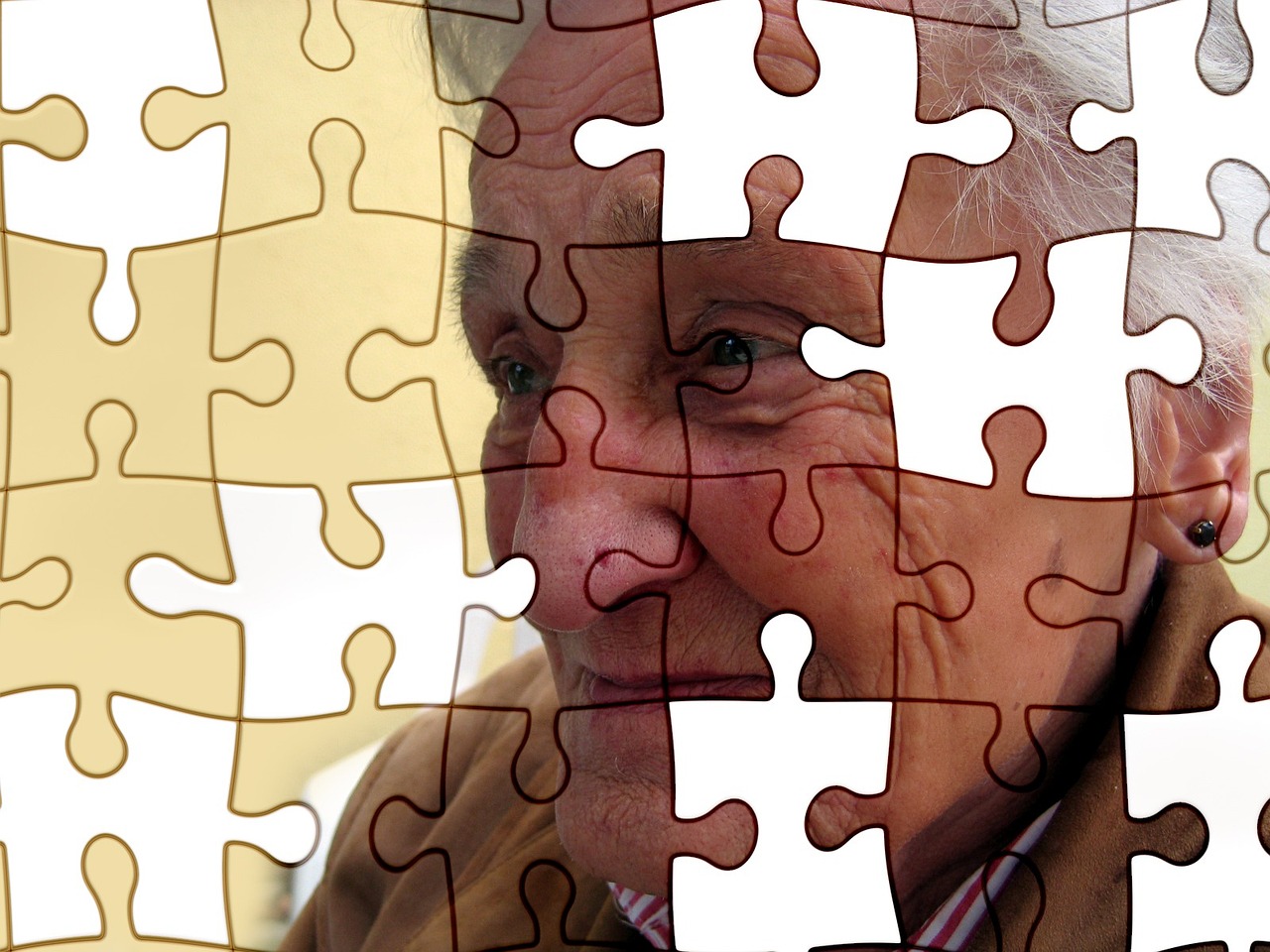Dementia - its history, brain effects, and mitigation strategies
lifestyle changes can have a positive effect on slowing its rise
11/16/2023

Dementia, a broad term encompassing various cognitive impairments affecting memory, thinking, and behavior, has haunted humanity across civilizations for centuries. The word 'dementia' stems from the Latin term "demens," meaning "deprived of mind," emphasizing the loss of cognitive abilities. As an umbrella term, dementia refers to a set of symptoms indicating a decline in cognitive function that interferes with daily life. While its history is deeply rooted, modern science has unveiled crucial insights into its origins, effects on the brain, and potential mitigation strategies, including lifestyle changes like diet and exercise.
The recognition of dementia dates back centuries, with historical references suggesting observations of cognitive decline. Ancient texts from Egypt, Greece, and Rome described symptoms resembling dementia. In the Middle Ages, dementia was linked with aging, often misunderstood as a natural consequence of growing old.
In the 20th century, pioneers like Alois Alzheimer, a German psychiatrist, provided a significant breakthrough in understanding dementia. In 1906, Alzheimer identified distinctive brain abnormalities in a patient named Auguste Deter, establishing the neuropathological basis for what later became known as Alzheimer's disease. This pivotal discovery marked a turning point in dementia research, laying the groundwork for further exploration.
The brain changes associated with dementia involve the progressive deterioration of nerve cells and their connections, leading to a decline in cognitive abilities. Various types of dementia, such as Alzheimer's disease, vascular dementia, Lewy body dementia, and frontotemporal dementia, exhibit distinct patterns of brain damage.
In Alzheimer's disease, for instance, the accumulation of abnormal protein fragments forms plaques and tangles, disrupting communication among neurons and causing their eventual death. Vascular dementia results from reduced blood flow to the brain, often due to strokes or other vascular conditions, leading to cognitive impairments. These changes impact different regions of the brain, affecting memory, language, reasoning, and behavior. The severity and progression of symptoms vary depending on the type of dementia and individual differences in brain resilience.
While dementia remains a complex condition with no definitive cure, several lifestyle factors have emerged as potential contributors to its onset and progression. Studies suggest that adopting certain habits, such as maintaining a healthy diet, regular exercise, cognitive stimulation, social engagement, and quality sleep, may help mitigate the risk of developing dementia.
The role of diet in dementia prevention has gained attention. A Mediterranean-style diet rich in fruits, vegetables, whole grains, fish, nuts, and healthy fats (such as olive oil) has been associated with a reduced risk of cognitive decline. Antioxidants and anti-inflammatory compounds present in these foods may help protect the brain from damage caused by oxidative stress and inflammation.
Regular physical activity has shown promising effects on brain health. Exercise promotes better blood flow, increases neuroplasticity, and stimulates the release of neurotrophic factors that support brain function. Aerobic exercises, strength training, and activities promoting balance and coordination contribute to overall brain health and may help reduce the risk of dementia.
Engaging in mentally stimulating activities, such as puzzles, reading, learning new skills, or engaging in hobbies, can help maintain cognitive function. Mental stimulation promotes the formation of new neural connections and helps preserve cognitive abilities.
Maintaining social connections and participating in social activities have been linked to a lower risk of cognitive decline. Social interaction stimulates the brain, enhances emotional well-being, and may contribute to cognitive resilience.
Sleep plays a vital role in brain health and cognitive function. Poor sleep patterns or sleep disorders can negatively impact memory, concentration, and overall brain function. Prioritizing good sleep hygiene is crucial for brain health.
Dementia, with its intricate history and complex impact on the brain, poses a significant challenge to individuals, families, and societies worldwide. While no definitive cure exists, ongoing research emphasizes the potential influence of lifestyle factors in mitigating the risk of dementia. Adopting a combination of healthy habits, including a nutritious diet, regular exercise, cognitive stimulation, social engagement, and quality sleep, may help support brain health and reduce the risk or delay the onset of cognitive decline associated with dementia.
Understanding the multifaceted nature of dementia and implementing proactive measures to support brain health underscores the importance of a holistic approach in the quest to mitigate its effects on individuals and society as a whole. As research continues to evolve, the exploration of lifestyle interventions and their impact on dementia remains a promising avenue in the pursuit of preserving cognitive well-being.






